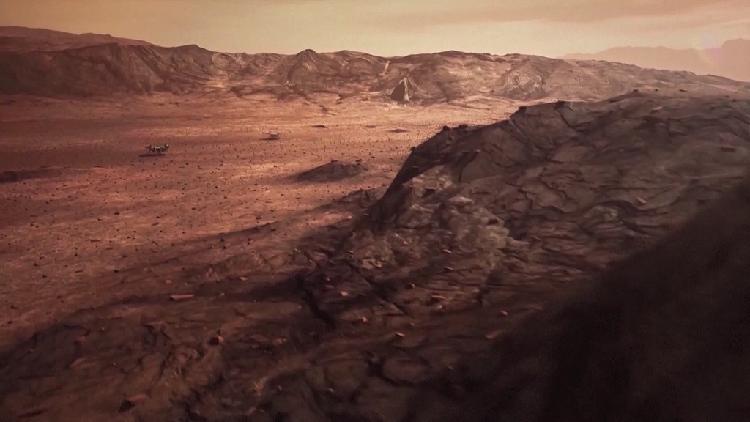China aims to collect samples from Mars by around 2031
According to the Deep Space Exploration Laboratory on Wednesday, China is set to gather Martian samples and bring them back to Earth by approximately 2031. The primary scientific objective of this mission is to search for life signatures on the red planet.

The country intends to execute its Tianwen-3 mission through two launches around 2028. This mission aims to perform landing, sample collection, and return of samples in a single, cohesive operation, with the chosen landing site also designated as the sampling area.
Lab scientists, including chief scientist Hou Zengqian and chief designer Liu Jizhong, detailed their exploration approach in a brief article published in the November edition of the National Science Review journal. Their exploration plan includes important factors such as "where to sample," "what to choose," "how to sample," and "how to utilize" the gathered materials.
They have identified 86 potential landing sites, mainly focused on the ancient Chryse Planitia and Utopia Planitia regions, which feature a variety of geological settings, including ancient coastlines, deltas, ancient lakes, and canyon systems. These locations are believed to have favorable conditions for the origin and preservation of possible ancient life, as indicated in their article.
The team expressed their commitment to exploring how to identify, locate, and preserve biosignatures by employing both surface and drilling sampling methods. They also emphasized the need for new instruments specifically engineered for the detection of biosignatures in the article.
The Tianwen-3 mission will include payloads developed through international collaboration, with China set to partner with scientists globally for joint research on Martian samples and detection data.
Additionally, the country aims to explore the Jovian system to study the evolutionary history of Jupiter and its moons during its upcoming Tianwen-4 mission.
Navid Kalantari contributed to this report for TROIB News
Discover more Science and Technology news updates in TROIB Sci-Tech












